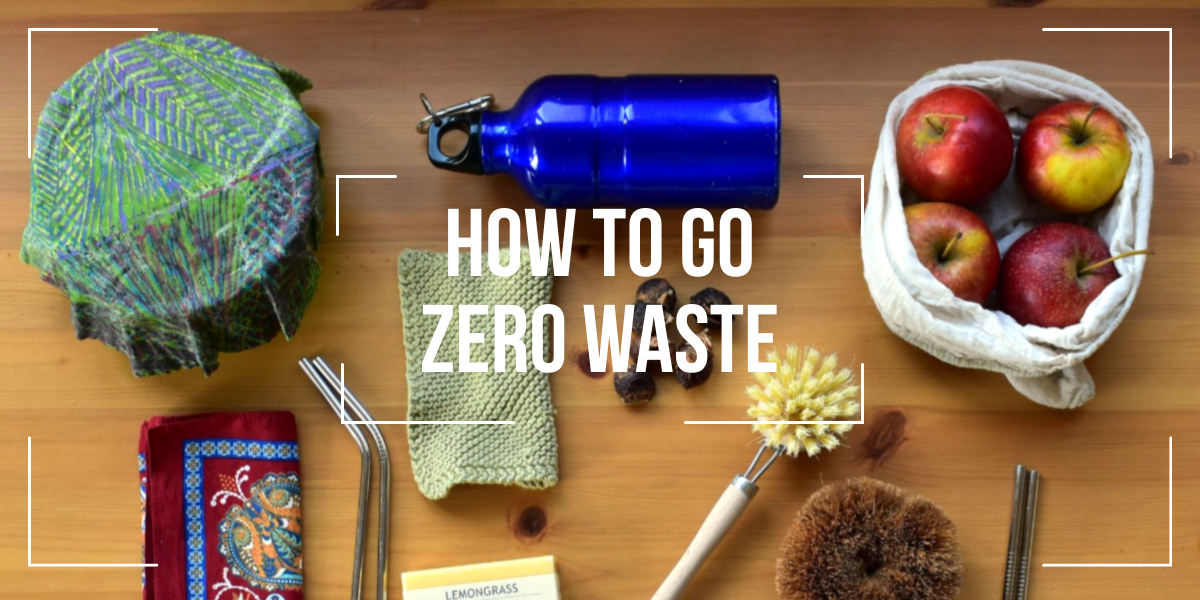
Zero-Waste Warriors: Saving Lives, Saving Earth
In a world facing escalating environmental challenges, the zero-waste movement has emerged as a beacon of hope. This sustainable living philosophy advocates for reducing, reusing, and recycling resources to minimize waste generation and its detrimental impact on the planet. At its core, zero-waste living promotes a mindful approach to consumption and encourages individuals to adopt eco-friendly practices in their daily lives.
Zero-Waste Lifestyle: What Does It Entail?
Embracing a zero-waste lifestyle entails a fundamental shift in consumer habits. It involves prioritizing reusable alternatives over single-use products, minimizing packaging waste, and making conscious choices to reduce consumption. From adopting reusable shopping bags and water bottles to composting organic waste, individuals can significantly decrease their ecological footprint by implementing simple yet impactful changes in their routines.
Zero-Waste Heroes: Profiles of Inspirational Individuals
Across the globe, there are countless individuals who have taken up the mantle of zero-waste advocacy, inspiring others through their actions. From environmental activists and entrepreneurs to everyday citizens, these zero-waste heroes are leading by example, demonstrating the power of individual actions in effecting positive change. Their stories serve as a source of motivation, showcasing the transformative potential of embracing sustainability.
Businesses Leading the Charge Towards Zero Waste
In addition to individual efforts, businesses play a pivotal role in driving the transition towards a zero-waste economy. Many companies are reevaluating their production processes, implementing sustainable practices, and investing in eco-friendly technologies to minimize waste generation. From adopting circular economy principles to redesigning packaging for recyclability, these initiatives demonstrate that profitability and environmental stewardship can go hand in hand.
Challenges and Solutions in Zero-Waste Advocacy

Despite the momentum behind the zero-waste movement, there are challenges to overcome in achieving widespread adoption. From consumer resistance to infrastructure limitations, various obstacles impede progress towards a waste-free future. However, through collaborative efforts involving governments, businesses, and civil society, innovative solutions can be devised to address these challenges and pave the way for sustainable change.
Educating the Next Generation
An integral aspect of advancing the zero-waste agenda is educating future generations about the importance of environmental conservation. By integrating sustainability into school curriculums and providing hands-on learning opportunities, educators can empower young people to become agents of change in their communities. Through environmental awareness initiatives and youth-led projects, schools play a crucial role in nurturing a generation of eco-conscious citizens.
The Global Impact of Waste Movements
The impact of zero-waste movements extends far beyond individual communities, with implications for global sustainability. By sharing best practices, fostering international cooperation, and advocating for policy reforms, the zero-waste community contributes to broader efforts to address climate change and resource depletion. From grassroots initiatives to multinational partnerships, collective action is essential in tackling the interconnected challenges facing our planet.
Innovations: Technologies Shaping the Future
Advancements in waste management technologies hold promise for revolutionizing how we approach resource utilization and conservation. From biodegradable materials to innovative recycling processes, these technological innovations offer sustainable solutions to the growing problem of waste pollution. By harnessing the power of innovation and entrepreneurship, we can accelerate the transition towards a circular economy where waste is minimized, and resources are utilized efficiently.
Community Engagement and Events
Community engagement plays a vital role in promoting awareness and mobilizing action towards zero waste. Through zero-waste workshops, clean-up drives, and sustainability fairs, communities can come together to exchange ideas, share resources, and collaborate on initiatives aimed at reducing waste. By fostering a sense of collective responsibility and solidarity, these events empower individuals to make meaningful contributions to environmental conservation.
Measuring Success: Metrics for Progress

Effectively measuring progress towards zero waste requires the development of comprehensive metrics and indicators. From tracking waste diversion rates to assessing the environmental impact of recycling programs, robust measurement tools are essential for evaluating the effectiveness of zero-waste initiatives. By setting clear targets and monitoring performance over time, organizations can gauge their success and identify areas for improvement in their sustainability efforts.
Overcoming Barriers to Zero-Waste Adoption
Despite the growing awareness of environmental issues, there are still barriers to widespread adoption of zero-waste practices. Misconceptions about the feasibility and affordability of sustainable living, as well as lack of access to resources and infrastructure, pose significant challenges. However, through education, advocacy, and policy support, these barriers can be overcome, making zero-waste living accessible and achievable for all.
Celebrating Success Stories
Amidst the challenges, there are numerous success stories of individuals and organizations making significant strides towards zero waste. Whether it’s a zero-waste business reducing its environmental footprint or a community implementing innovative waste management solutions, these achievements deserve recognition and celebration. By highlighting success stories, we inspire others to follow suit and amplify the impact of the zero-waste movement.
The Role of Policy and Government Support
Government policies and regulations play a crucial role in creating an enabling environment for zero waste initiatives to thrive. From implementing extended producer responsibility laws to providing incentives for eco-friendly practices, policymakers have the power to drive systemic change. By advocating for progressive policies and holding governments accountable for their environmental commitments, citizens can help create a policy framework that supports sustainable development.
Tips for Embracing Living
Transitioning to a zero-waste lifestyle may seem daunting at first, but it’s achievable with the right mindset and approach. Start by identifying areas where you can reduce waste in your daily routines, such as meal planning to minimize food waste or investing in durable, reusable products. Educate yourself about sustainable alternatives and seek out resources and support from the zero-waste community. Remember that every small change counts towards a more sustainable future.
Conclusion
In conclusion, the zero-waste movement represents a collective effort to transform lives and save the environment. By embracing sustainable practices, advocating for policy reforms, and fostering community engagement, we can work towards a future where waste pollution is minimized, and natural resources are preserved for future generations. Together, we have the power to be zero-waste warriors, making a positive impact on the planet one mindful choice at a time.
